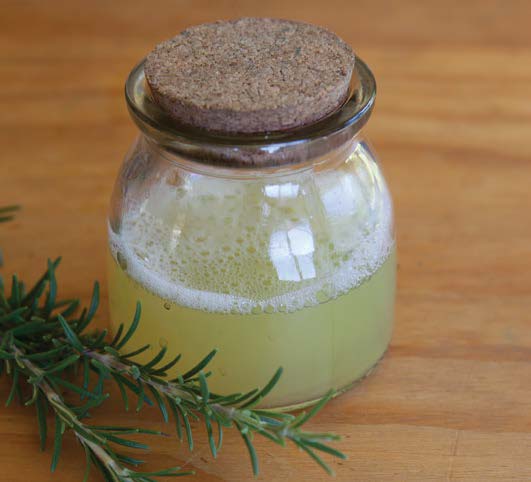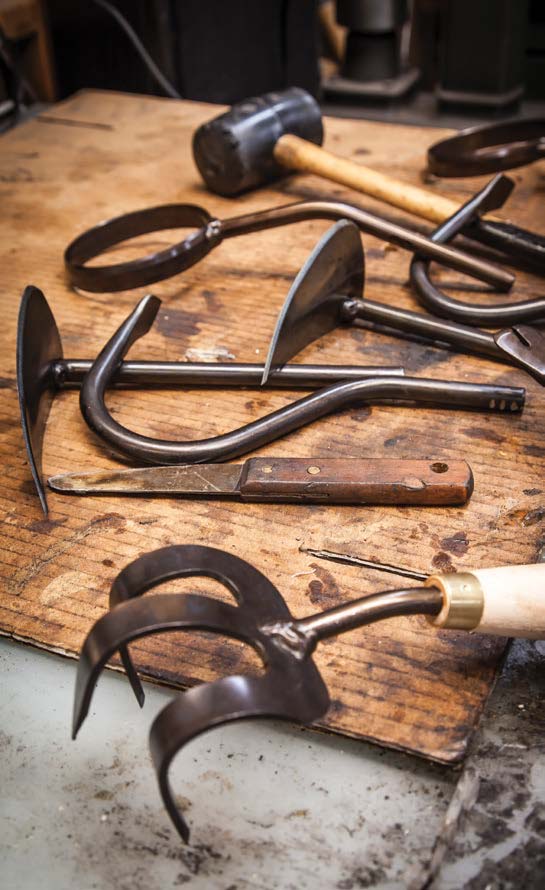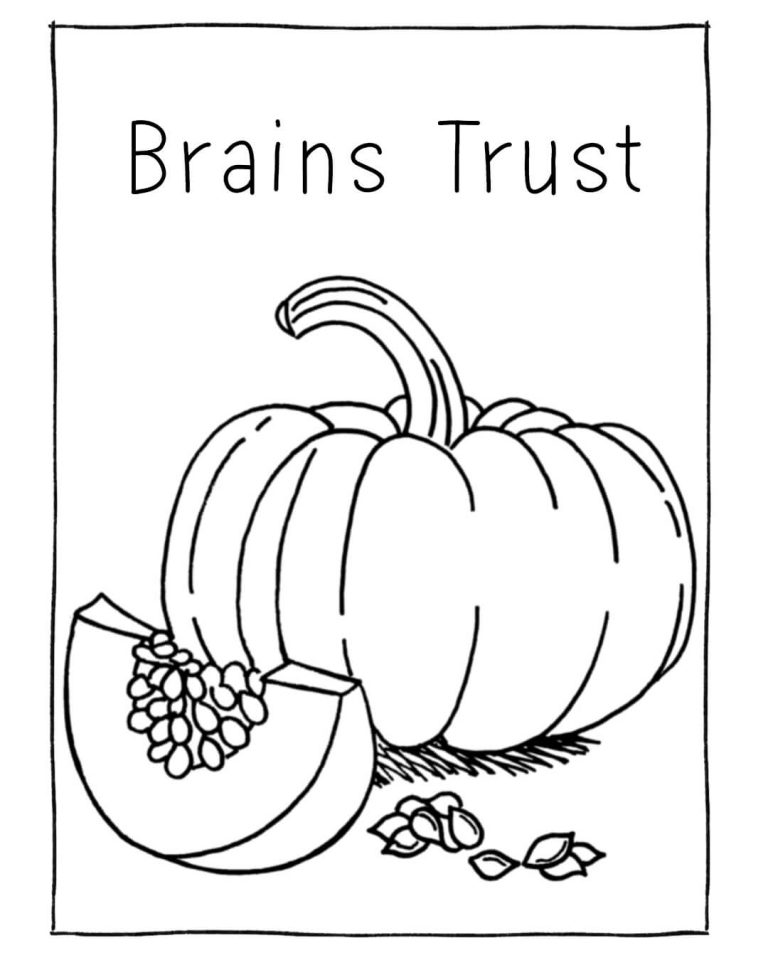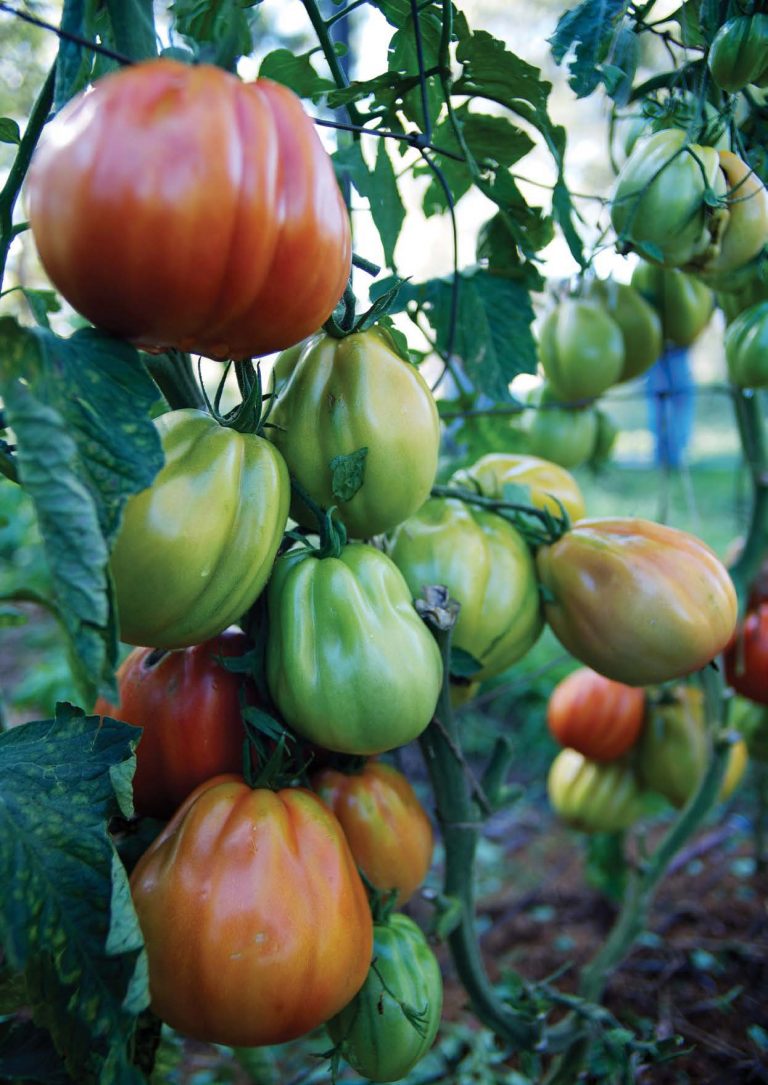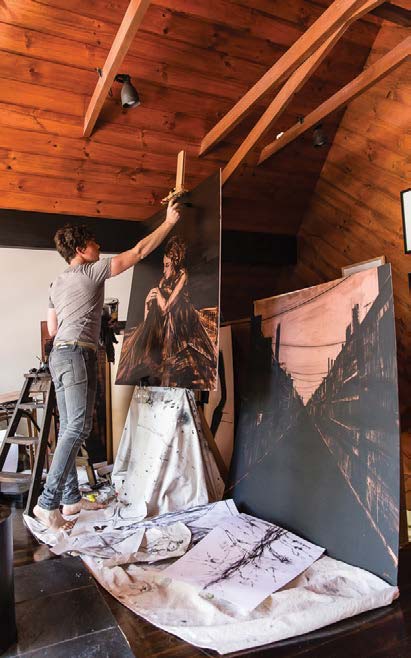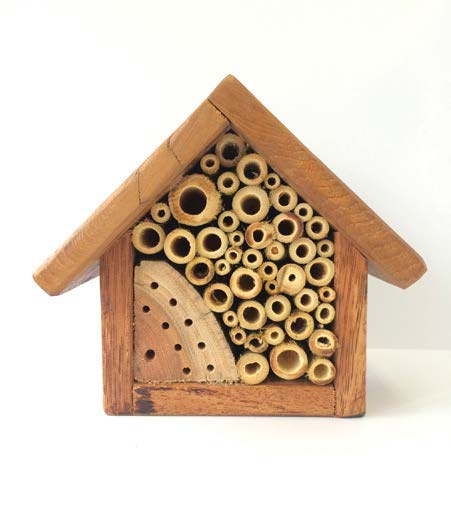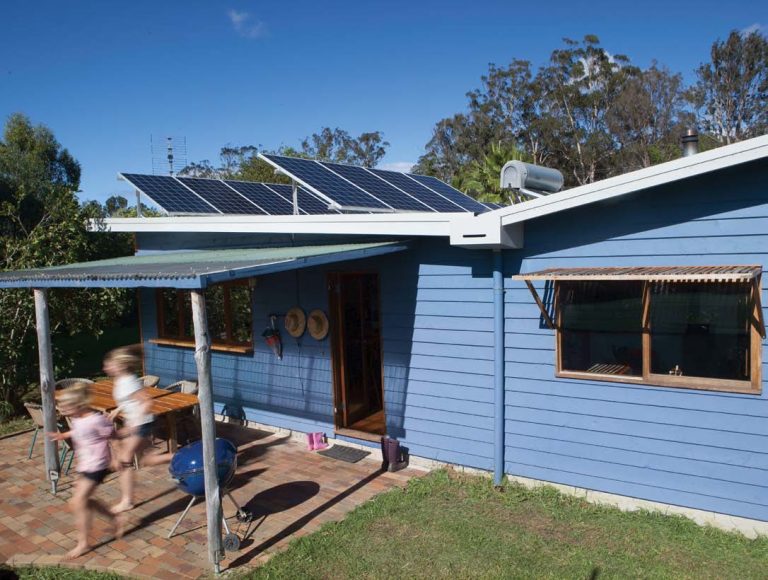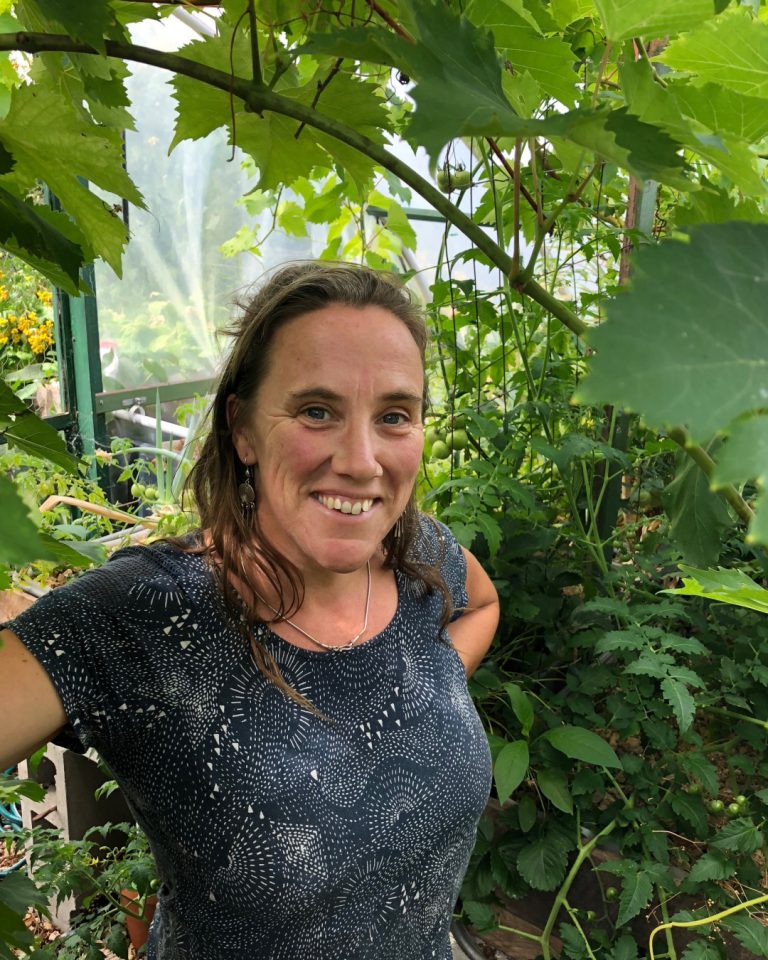When I first came to look at the property we now call home, the house was far from ideal. It faced south, had small dark rooms, the kitchen was poky and a wide verandah ran down the length of the north side, preventing any sunlight from finding its way in.
The soil was lush though, the house had significant potential for improvement, it was two minutes from town (Pambula, far south coast NSW) and the local school, and it had a certain charm. It was also set back off the road, surrounded by trees and farmland. All the infrastructure was already in place, it had power, a 130,000-litre water tank, a dam, ponds, a half-converted barn, a four bay work shed, an onsite caravan and two and a half acres to start living the dream life we had always wanted; growing fruit trees and vegies, having animals and providing a beautiful life for our children.
Having just sold up and moved from Melbourne, we were ready to buy when it was available. The price tag was relatively low compared to what we were used to in the Melbourne market. Looking at the property, we really had to have vision to see what we would be able to do to make the house more solar passive and user-friendly. We spent six months in the house while we did up the barn, then we moved into the barn while we did up the house.


